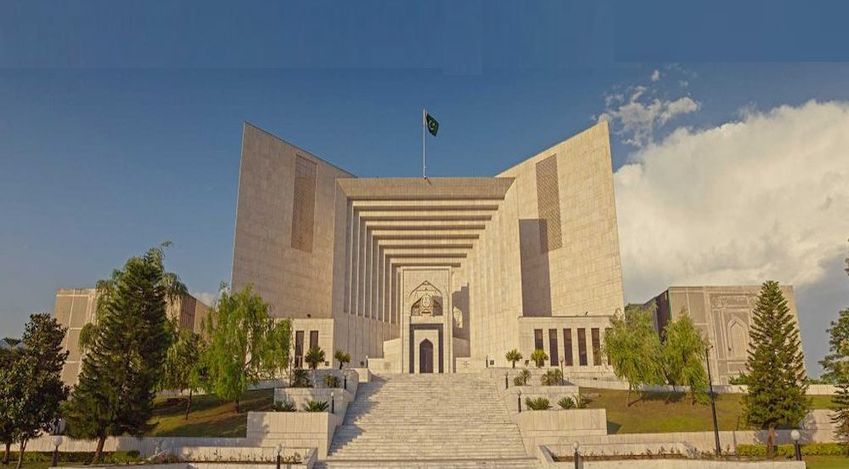The Criminal and Departmental Proceedings are distinct, with different Standards of Proof --- Supreme Court of Pakistan
Islamabad 02-08-2024: In a significant ruling, the Supreme Court of Pakistan has upheld the dismissal of a General Post Office (GPO) Clerk / Petitioner, despite his acquittal in a related criminal case.
In the judgment dated 19-07-2024, the Supreme Court, comprising Mr. Justice Syed Hasan Azhar Rizvi and Mr. Justice Aqeel Ahmed Abbasi, dismissed the civil petition filed by the petitioner challenging the Federal Service Tribunal's (FST) decision. The FST had dismissed his appeal No.75(K)(CS)2020, which sought reinstatement into service following his acquittal by the Special Court of Anti-Corruption (Central), Hyderabad.
The petitioner was appointed as a Clerk at the GPO, Hyderabad, on January 1, 1990. He was suspended on September 8, 2006, due to allegations of inefficiency, misconduct, and corruption. An inquiry was conducted after a show cause notice was issued, leading to his dismissal on March 20, 2007, under the Removal from Government Service Ordinance (RSO), 2000, for misappropriating Rs. 820,876 in military pension payments. Despite his acquittal in a criminal trial related to the same charges, his departmental appeals for reinstatement were dismissed, prompting him to approach the FST.
The Court emphasized the independence of criminal and departmental proceedings, stating that acquittal in a criminal case does not automatically eliminate departmental liability. The Court referred to several precedents, including “Dawood Ali v. Superintendent of Police and others”, and “Khaliq Dad v. Inspector General of Police and others”, which affirmed that criminal and departmental proceedings are distinct and operate independently.
The judgment highlighted the different standards of proof required in criminal and departmental proceedings. In criminal cases, the prosecution must prove guilt beyond a reasonable doubt, whereas in departmental proceedings, the standard is based on the balance of probabilities or preponderance of evidence.
The Court also noted the principle of "delay or laches," which bars claims where there is unreasonable delay in pursuing a remedy. The petitioner had demonstrated a lack of seriousness in pursuing his rights, evidenced by his delayed appeals.
The Supreme Court concluded that the impugned judgment was well-reasoned and considered all legal and factual aspects. The petitioner's acquittal in the criminal case did not absolve him of the departmental penalties imposed. Consequently, the petition was dismissed, and leave to appeal was refused.
Powered by Froala Editor








